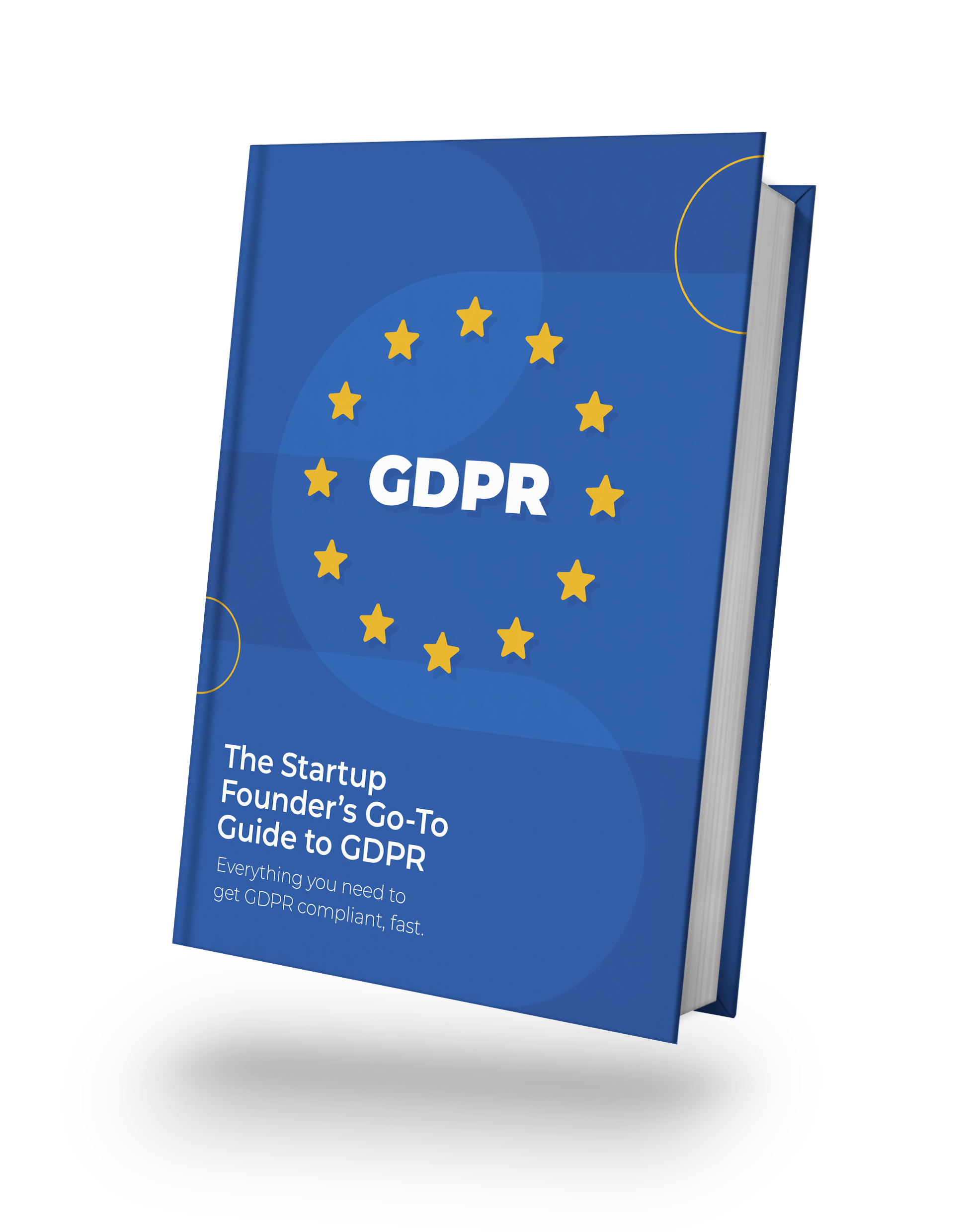We’ve all experienced firsthand the opportunities artificial intelligence has opened in the way we work. It automates routine tasks. It informs strategic decisions. It integrates into our daily business processes quickly and with ease.
But AI’s big promises come with challenges. Ethical and regulatory risks, if ignored, could bring severe legal, financial, and reputational consequences. Regulators and the public are now keeping a close eye on AI’s ethical risks of bias, transparency, accountability, and data privacy.
Companies that fail to address these issues risk their sustainability and the trust they’ve worked so hard to build. And that’s why we need to talk about them.
Algorithmic Bias
As AI becomes central to high-stakes decisions – hiring, lending, healthcare, and law enforcement – the potential for ethical missteps will grow. Many of these AI systems make decisions by analyzing large sets of data; if the data is biased or unrepresentative, then the AI can become inadvertently discriminatory or unfair.
This is a significant issue in areas with social implications. It matters in creditworthiness assessments, job candidate selections, and crime detection. Left unchecked, historical biases can reinforce inequalities and deepen discrimination against underprivileged groups.
Take recruitment, for example. AI algorithms sift through candidate pools. If trained on biased data, they can exclude diverse talent. A company that historically favored one demographic will likely have an AI that repeats those patterns. This perpetuates inequality. Worse, it exposes the company to anti-discrimination lawsuits. The damage isn’t just legal – it hits reputation and consumer trust.
Why Transparency in AI Matters
Bias isn’t the only concern. Transparency is equally crucial. Many AI models, particularly deep learning techniques, operate like “black boxes”, which means their internal operations are completely hidden, even from the developers. Such opaqueness makes explanation of any decision arrived at through AI quite difficult. This lack of transparency becomes especially problematic in industries requiring accountability, such as healthcare or finance. Whether it’s an AI system that denies a mortgage or wrongly diagnoses a medical condition, stakeholders, whether consumers, regulators, or the business itself, must understand what led to the decision.
Without transparency, businesses lose public trust. Consumers are growing more aware of AI’s role in their lives. They want clarity on how these systems operate, which is why governments are also stepping in. For instance, the proposed European Union’s AI Act labels certain AI applications as “high-risk” and asks businesses to maintain full records on how their AI works, the decisions taken, and the datasets on which they are trained. Non-compliance with these can lead to huge monetary fines and serious legal implications. Let’s just say the stakes are high (and for good reason).
Accountability: Who’s Responsible for AI Mistakes?
With AI increasingly taking over decision-making roles traditionally held by humans, businesses must grapple with questions of accountability.
Who is responsible when an AI system makes a harmful or biased decision? Is it the developer who designed the algorithm, the company that deployed it, or the people using the system? Without appropriate accountability frameworks, businesses take on substantial legal and reputational risk when things inevitably go wrong.
For example, when an AI system generates a faulty medical diagnosis leading to a course of wrong treatment, or when a biased hiring algorithm systematically screens out qualified candidates because of their race or sex, the stakeholders will begin pointing fingers. In the long run, unclear accountability chains will have businesses involved in litigations, financial penalties, and reputational damage.
Businesses must establish proper governance structures that clearly define who is accountable for AI outcomes to ensure decision-making processes are subjected to human oversight and review.
GET COMPLIANT 90% FASTER

The Data Privacy Dilemma
AI systems thrive on data, but that dependency brings another major ethical concern: data privacy.
Most AI systems operate effectively only when they have huge volumes of personal and sensitive information. This brings major concerns regarding how personal information is collected, stored, and utilized with such heavy data dependency. Without proper safeguards, AI systems can expose sensitive data inadvertently. Such exposure is, without doubt, a violation of privacy and basic laws of data protection like the General Data Protection Regulation (GDPR) in Europe and the California Consumer Privacy Act (CCPA) in the United States.
The consequences derived from violations regarding data privacy will be grave. The inability of businesses to protect personal data means the risk of heavy fines, class-action lawsuits, and eventual consumer loss of confidence in business operations.
Major data breaches have shown how quickly public confidence in companies can erode when they fail to handle their customers’ personal information. In the case of AI, risks are compounded because algorithms can combine and analyze data in such a way as to reveal more about an individual than what may have originally been intended, thereby opening up new vulnerabilities. A good example would be any AI employed in healthcare predictive analytics: it may be implemented to create links across different data sets and inadvertently reveal patients’ private medical information.
To avoid such pitfalls, businesses must implement strong data governance frameworks that ensure the observance of data protection regulations and set ethical standards. Privacy-by-design principles are highly beneficial in this context. Auditing of the AI systems by companies has to be done routinely to make the handling of personal data secure and identify privacy risks to address them before actual breaches occur.
Looking Ahead with Strong Governance in AI
The wider regulatory environment in which AI exists is changing rapidly. Governments and other regulatory bodies worldwide have begun to slowly recognize the growing need for oversight into the development and deployment of AI, as discussed, new laws and frameworks (like ISO 42001) have been brought forward to regulate the ethical use of AI.
In addition to the European Union’s impending AI Act, which will apply strict requirements to firms utilizing high-risk AI systems, other countries have proposed legislation that reins in AI in a way that prevents harm, bias, or privacy violations.
As it takes shape, the number of already-proposed and soon-to-be-proposed regulations grows, and businesses are at risk of facing remarkable consequences for their inability to comply. Penalties for defaults will run high: heavy fines, sanctions, and legal actions by governments against organizations that do not measure up to ethical or regulatory standards. In addition to these financial penalties, reputational damage from non-compliance can be difficult to repair.
Ethical AI is about much more than avoiding fines. It’s about building a company that consumers trust. Those that ignore ethical AI practices are setting themselves up for a long road of operational headaches, legal battles, and damaged reputations.
The solution? Build ethics into your AI systems from the very start.











